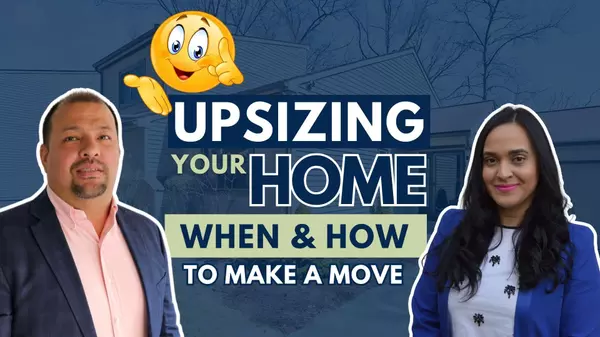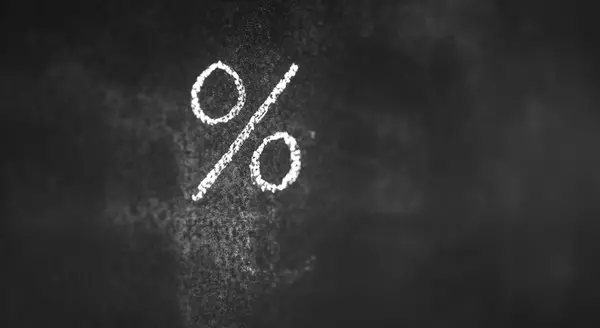
Por qué la economía no hundirá el mercado de la vivienda
Si está preocupado por una próxima recesión, no está solo. En los últimos dos años, se ha hablado mucho de la recesión. Y a mucha gente le preocupa que, si tuviéramos una, la tasa de desempleo se dispararía. Algunos incluso temen que el aumento del desempleo conduzca a una ola de ejecuciones hipotec

Why the Economy Won’t Tank the Housing Market
If you’re worried about a coming recession, you’re not alone. Over the past couple of years, there’s been a lot of recession talk. And many people worry, if we do have one, it would cause the unemployment rate to skyrocket. Some even fear that a spike in unemployment would lead to a rash of foreclos

Are the Top 3 Housing Market Questions on Your Mind?
When it comes to what’s happening in the housing market, there’s a lot of confusion going around right now. You may hear one thing in conversation with your friends, see something totally different on the news, and read something on social media that contradicts both of those thoughts. And, if you’r
Categories
Recent Posts










